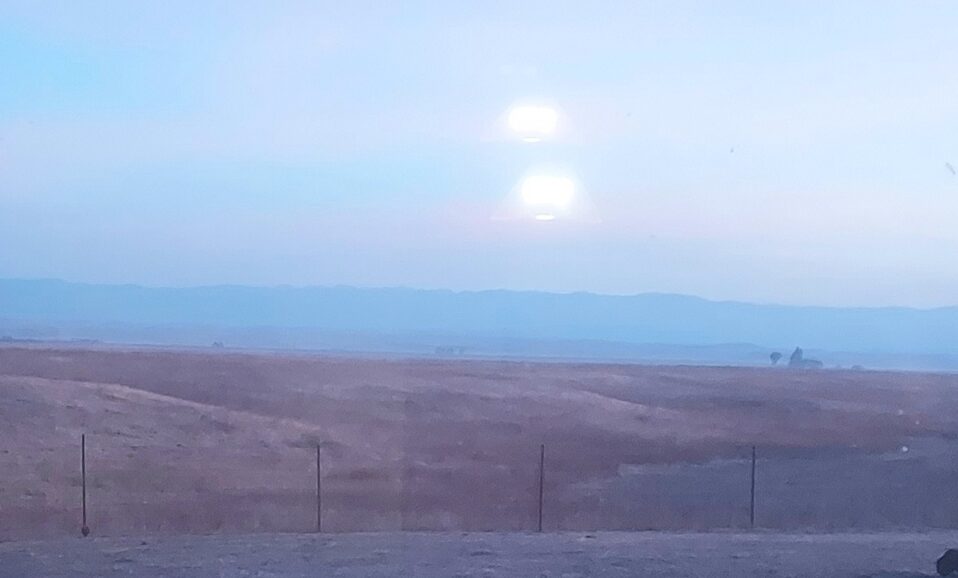- Home
- Index
-
My Books
- Book List
- Writing/Reading Articles Listing
-
My Short Stories
- What God Lost
- What God Lost — Part 2
- When Hope Was Lost
- A Battle in the Heavens
- To Live Forever
- Finding Peace
- Empty Hands
- From Fire and Thunder to Love and Submission
- The Coming One
- Forgiveness Made Possible
- The Innkeeper's Wife
- Do You Have The Right Words?
- The Lamb of God As Told by a Scribe
- What Love Is This?
- When Heaven Came Down
- Family
- Faith
Does God Care? Why Does God Allow the Innocent to Suffer?
September 17, 2014
 We will cover this subject in several articles. This article addresses the first question: “Does God care?”
We will cover this subject in several articles. This article addresses the first question: “Does God care?”
Pain, whether physical, emotional or spiritual, has merit and is good. (Based on the two premises that we started with: 1. God is good. and 2. God is in control. See Can a Loving God Give Suffering.) All pain is a symptom, not the disease. It alerts to danger. It causes us to change our actions to prevent further harm. Weariness warns that rest is needed or a breakdown will come. Guilt hurts to bring repentance and forgiveness.
In spite of the goodness of pain--alerting to danger, alarming for change--people still need to know, “Does God care?”
In Jeremiah 22:16, King Josiah’s reign was described: “He pled the cause of the afflicted and needy, then it was well. Is not that what it means to know Me?”
In Exodus 3:7 the Lord saw the affliction of His people in Egypt and heard their cry from their taskmasters: “...for I am aware of their sufferings. So I have come down to deliver them from the power of the Egyptians.”
Is knowing God sees our suffering enough? No.
God didn’t think so either. Even though He saw His creation in pain and hurt with them, He took His love another step.
It's like a leper trained to see the warning and change his behavior, yet who still doesn’t feel the pain. Has he suffered? No.
Having a God Who knows about pain is not enough. We crave a God Who is affected by our suffering. By looking to Jesus, we have such a God. “He existed in the form of God... but emptied Himself… and being made in the likeness of men…He humbled Himself by becoming obedient to the… death on a cross.” (Philippians 2:6-8)
Jesus, Who was God, became man. He demonstrated to the world that He opposed illness and suffering. Never during His earthly life did He decline healing or tell one to “be happy with your illness”. Instead he fulfilled Isaiah’s prophesy in Luke 4:18. He preached the gospel to the poor, released the captives, gave sight to the blind, and set free the oppressed.
Not only did Jesus spend His life being ‘poured out’ for those in pain, but He suffered and died. His death was not as a martyr, taken from him. His life was not grabbed from Him. His death was a free-will offering: “not my will, but what You will.” (Mark 14:36).
Jesus’s physical suffering on the cross is not what makes the difference in our lives. (Others have died without just cause.) Nor is the cross the worst torture that can be afflicted. (Fox’s Book of Martyrs tells of deaths more horrible than crucifixion.)
The cross of Christ makes the difference in our suffering because it shows God suffering. God joined Himself to man by stepping from heaven, confined in a human body in place and time for His creation to shame, scourge and abuse.
Isaiah captures the pain of God as the suffering servant in Isaiah 53. Read the entire chapter with God’s suffering in mind. These excerpts show a glimpse of what God suffered.
“He was despised and forsaken (by the very men He created),
A man of sorrows and acquainted with grief (felt their pain)
He was despised, and we did not esteem Him. (despised by those He created)
Surely our griefs He himself bore,
And our sorrows He carried;
But He was pierced through for our transgressions (our wrong choices against His Will),
He was crushed for our iniquities; (His holiness demands a price)
The chastening for our well-being fell upon Him, (His love for us found a way to reconcile His holiness)
And by His scourging we are healed…
But the Lord has caused the iniquity of us all to fall on Him. (without Him, we would be lost)
He was oppressed and He was afflicted.
But the Lord was pleased to crush Him, putting Him to grief. (He thought it good)
If He would render Himself as a guilt offering
As a result of the anguish of His soul,
He will see it and be satisfied. (His love shines)
Because He poured out Himself to death,
And was numbered with the transgressors; (all of us—falling short of His glory)
Yet He himself bore the sin of many,
And interceded for the transgressors.” (His love makes a way for us)
He stepped into time, space, and sorrow limiting His form to experience our pain. Yet Christ overthrew the powers of the world by allowing sin to do its worst to Him. An innocent sacrifice was offered.
By His resurrection, He conquered the powers of evil, allowing nothing to interfere with His love for His creation. Romans 8:38-39 says it well: “For neither death, nor life, nor angels, nor principalities, nor things present, nor things to come, nor powers, nor height, nor depth, nor any other created thing, will be able to separate us from the love of God, which is in Christ Jesus our Lord.”
God uses the pain of His own Son’s death to give our pain meaning. Our pain is swallowed up in His death. Philippians 3:10 says, “That I may know Him and the power of His resurrection and the fellowship of His sufferings, being conformed to His death in order that I may attain to the resurrection from the dead.”
God absorbs our pain, so that what we endure becomes a part of what He suffered and will become what is resurrected in triumph and good. Our sorrow is given meaning.
Jesus’s words in Matthew 25:35-40 are given a different meaning: “’For I was hungry, and you gave Me something to eat; I was thirsty and you gave Me something to drink; I was a stranger and you invited Me in; naked and you clothed Me; I was sick, and you visited Me; I was in prison, and you came to Me.’
Then the righteous will answer Him, ‘Lord, when did we see You hungry, and feed You, or thirsty and give You something to drink? And when did we see You a stranger, and invite You in, or naked, and clothe You? When did we see You sick, or in prison, and come to You?’
The King will answer and say to them, ‘Truly I say to you, to the extent that you did it to one of these brothers of Mine even the least of them, you did it to Me.’”
On the road to Damascus, the Lord asks Saul, the persecutor of His people, “Saul, why are you persecuting Me?”
After these arguments, it seems inappropriate to ask, "Why does God allow the innocent to suffer?" The more appropriate question seems to be, "Why does God allow Himself to suffer?"
The only answer worthy of such a God is, because of His great love for me.
My series on suffering is available in free booklet form here.
Brand, Paul and Philip Yancey. In His Image. Grand Rapids, MI: Zondervan Publishing House, 1987. Pp. 281-288.
Scripture taken from the NEW AMERICAN STANDARD BIBLE®, Copyright © 1960, 1962, 1963, 1968, 1971, 1972, 1973, 1975, 1977, 1995 by The Lockman Foundation. Used by permission.
No comments found

Author of Biblical fiction, married to my best friend, and challenged by eight sons’ growing pains as I write about what matters.
Receive weekly articles by giving your email address below:








